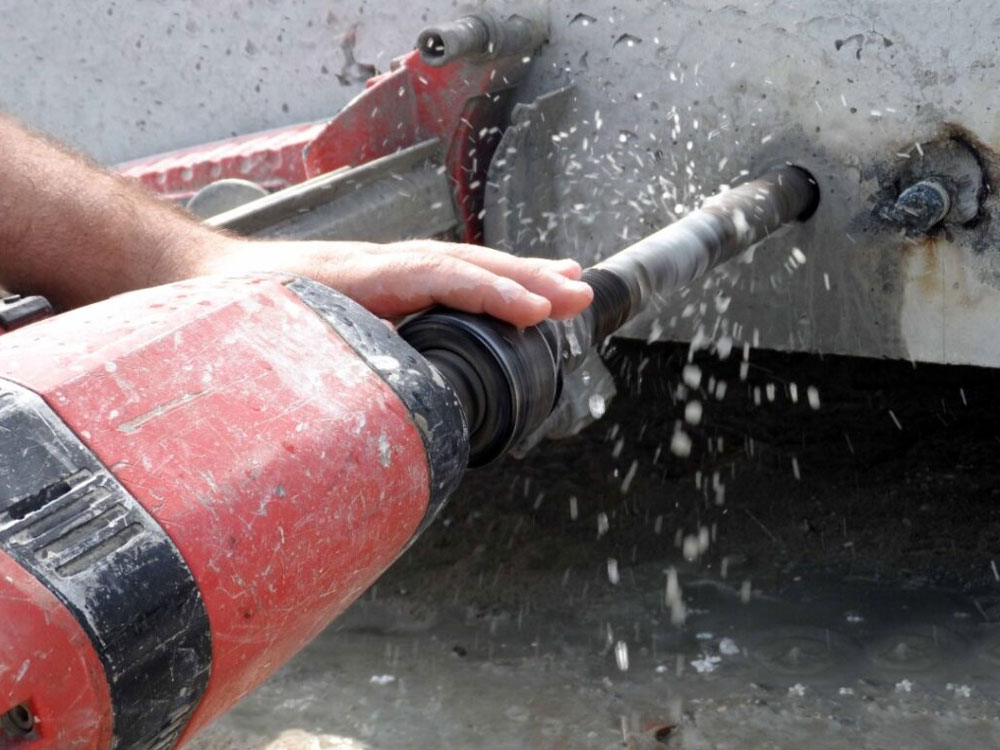

Special coring refers to non-standard or complex core drilling techniques that go beyond vertical, horizontal, or angled coring. These methods are used when precision, access, or structural complexity requires customized drilling solutions, typically involving unique angles, shapes, depths, or confined-space access. Special coring may also involve advanced tools, robotics, or remote-controlled equipment.
Used in tight, restricted, or hard-to-reach areas such as utility tunnels, shafts, tanks, and crawlspaces.
Often requires compact or handheld coring equipment or remote-controlled rigs.
Special rigs are used to core several meters into structural elements, such as thick walls or deep foundations.
Ideal for anchor bolt installations, grouting operations, or geotechnical sampling.
Coring holes larger than standard diameters (e.g., 600 mm – 1500 mm) for:
Ventilation ducts
Elevator shafts
Utility vaults
Drilling upward into ceilings or soffits, often in parking structures, bridges, or overhead beams.
Requires secure rig anchoring and water control to manage slurry from above.
Combines horizontal, angled, and vertical drilling in a single operation.
Used in retrofit scenarios where elements are embedded at unique geometries.
Specialized scanning and drilling methods are required to avoid damaging post-tension cables or dense reinforcement.
May use low-vibration tools or custom-designed core barrels.
Involves underwater or splash-zone drilling for:
Pile inspection
Corrosion sampling
Structural testing in marine environments
Combines concrete with layers of asphalt, epoxy, fiber mesh, or polymer overlays.
Hydraulic or electric coring rigs
Robotic/remote-controlled drilling systems
Custom-angle rigs and adjustable stands
Vacuum-mounted rigs for non-anchor surfaces
Wet and dry coring systems
Advanced scanning tools (GPR, X-ray)
© 2025 Rukn Alabtal Design By: sialweb